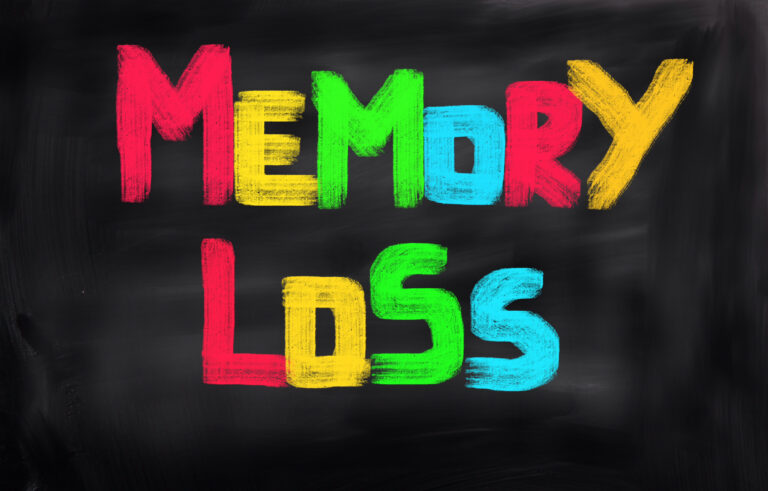Learning doesn’t stop when you hit 30. In fact, it can become even more meaningful and practical as you grow older. If you want to keep learning after 30, here are some simple ways to make it work for your busy life.
## Make Learning Fit Your Life
After 30, life often gets busier with work, family, and other responsibilities. Instead of trying to squeeze in long study sessions that don’t fit your schedule, focus on small pockets of time. Even 15 or 20 minutes during a break or while commuting can add up if used well.
Try microlearning—breaking down what you want to learn into bite-sized pieces that are easy to handle. Use technology like apps or audiobooks so you can learn on the go without needing extra time set aside just for studying.
Also, pay attention to when you’re most alert during the day—some people focus better in the morning while others at night—and use those times for learning something new.
## Set Clear Goals That Matter
Knowing why you want to learn something helps keep motivation high. Whether it’s improving skills for your job, exploring a hobby deeply, or preparing for a new career path, having clear goals makes learning purposeful and rewarding.
Focus on what really matters instead of trying to master everything at once. Prioritize key ideas or skills that will have the biggest impact on your life right now.
## Use What You Already Know
One big advantage adults have is experience. You’ve lived through many situations and learned from them already—that knowledge is gold when picking up new things.
Try connecting new information with what you already understand; this makes learning faster and easier because it feels relevant rather than abstract.
## Build Support Around You
Learning alone can be tough sometimes but having support makes all the difference. Talk with family members about your goals so they can help by sharing chores or giving encouragement.
If possible, discuss flexible hours or tuition help with your employer—they might be willing to support your growth since it benefits both sides.
Joining study groups online or in person also helps keep motivation high by sharing ideas and staying accountable together.
## Learn What Helps You Most Right Now
Adults tend to prefer practical knowledge they can apply immediately rather than just theory. Look for courses or materials focused on solving real problems related directly to your daily life or work challenges—it keeps things interesting and useful at once.
Remember that as an adult learner you’re more self-directed—you get to choose how and what works best based on where you’re at today instead of following someone else’s plan blindly.
Keeping these ideas in mind turns lifelong learning into an achievable part of everyday living after 30—not a chore but an exciting way forward every day!





